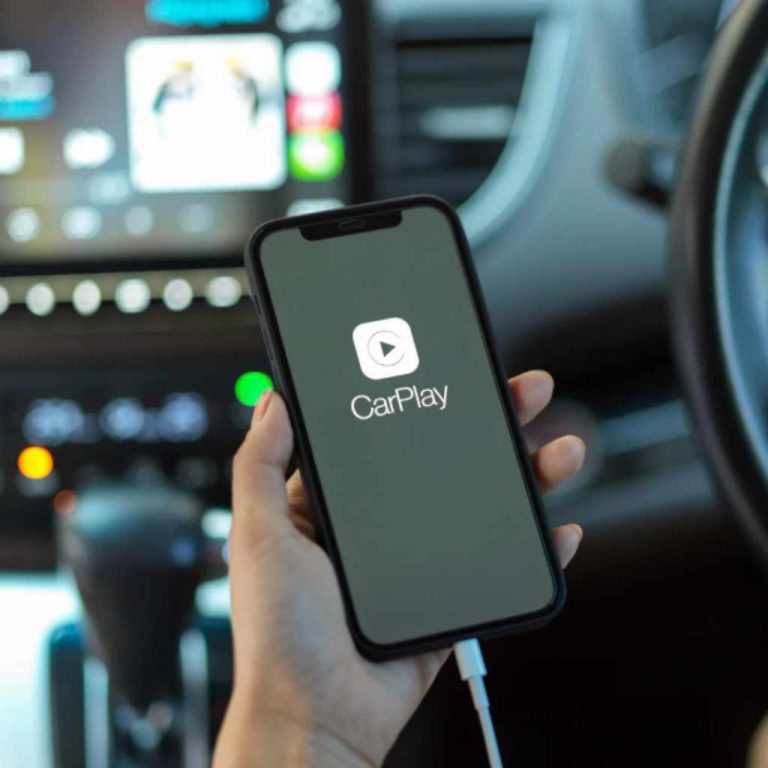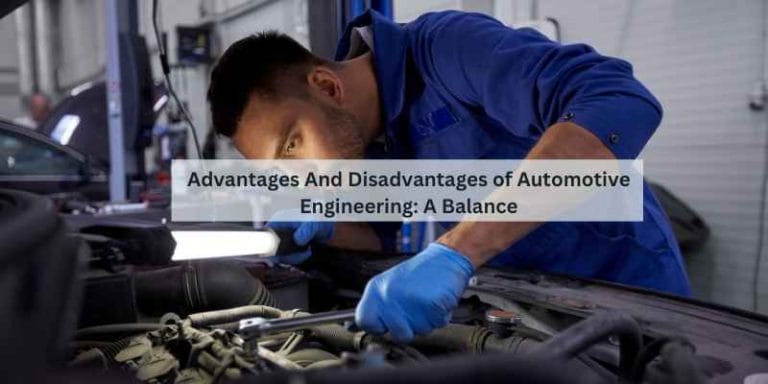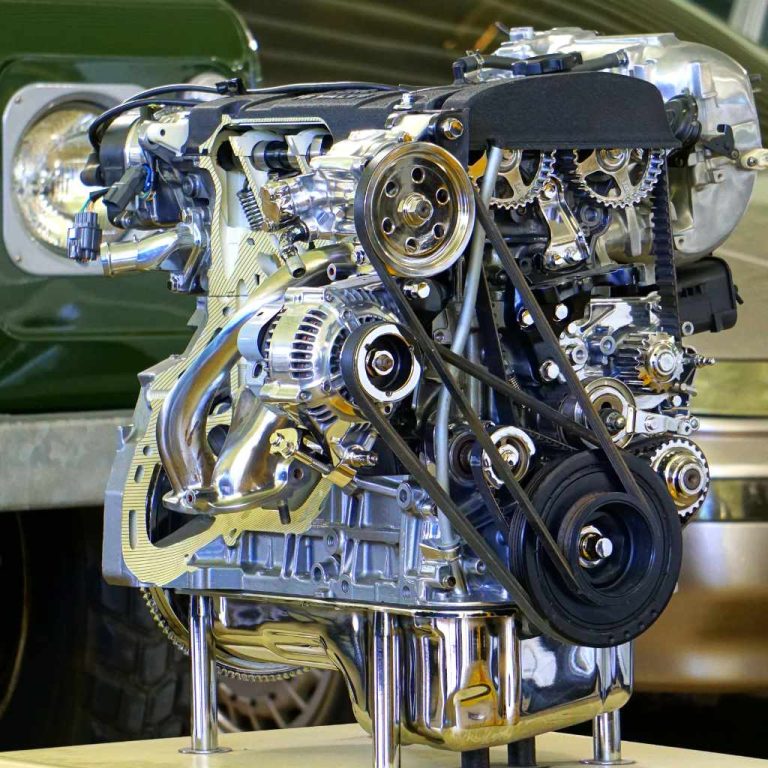Can You Trade in a Paid off Car? Unlock Valuable Insights
Trading in a paid-off car is a common practice in the automotive industry. It involves selling your current vehicle to a dealership and using the proceeds towards the purchase of a new one. While this may seem straightforward, there are several factors to consider before deciding to trade in your paid-off car. In this article, we will explore the implications of trading in a paid-off car and provide insights to help you make an informed decision.
Is it Better to Trade in a Car that is Paid Off?
If you are determined to trade in your car, the best time will be any time after its book value exceeds its loan payoff amount. This means that the trade-in value of your car should be higher than the remaining balance on your auto loan. By doing so, you can use the equity in your paid-off car to reduce the cost of your new vehicle, potentially saving you money in the long run.
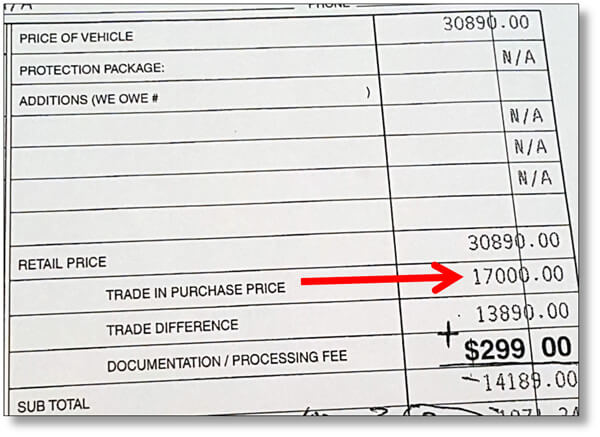
Credit: www.carbuyingtips.com
When is the Best Time to Trade in a Car?
Deciding when to trade in your car is crucial. Factors such as the vehicle’s depreciation, market demand, and your financial situation can impact the timing of the trade-in. Typically, it’s advisable to trade in your car when it still holds a substantial portion of its value and before any major repairs become necessary. Additionally, if you are looking to purchase a new vehicle, trading in your paid-off car can serve as a down payment, reducing the amount you need to finance.
Trading in a Paid-Off Car to a Dealership
If your car is paid off, you’re in a good position to trade it in. You can then use the trade-in value to lower the cost of a new or used car from the same dealership. To get the most from your trade-in, do everything you can to increase your car’s value first. This may include detailing the car, addressing any minor repairs, and providing maintenance records to demonstrate the vehicle’s upkeep.
How Does a Car Trade-In Work for a Paid-Off Car?
When you trade in a paid-off car, the dealership will assess the vehicle’s condition, mileage, and market demand to determine its trade-in value. This value is then applied towards the purchase of your new car. If the trade-in value exceeds the cost of the new vehicle, you can potentially use the surplus towards other expenses or accessories for your new car. However, if the trade-in value is less than the new car’s cost, you may need to supplement the difference with cash or financing.
Can You Trade in a Car You Still Owe On?
Yes, you can trade in a car you’re still paying off. However, it’s important to note that your existing car loan doesn’t disappear when you trade in the vehicle. Instead, the remaining balance on your current loan is factored into the transaction. If the trade-in value is higher than the loan balance, the dealership can handle the payoff and apply the excess towards your new car. Conversely, if the trade-in value is lower than the loan balance, you’ll need to settle the difference to clear the existing loan.
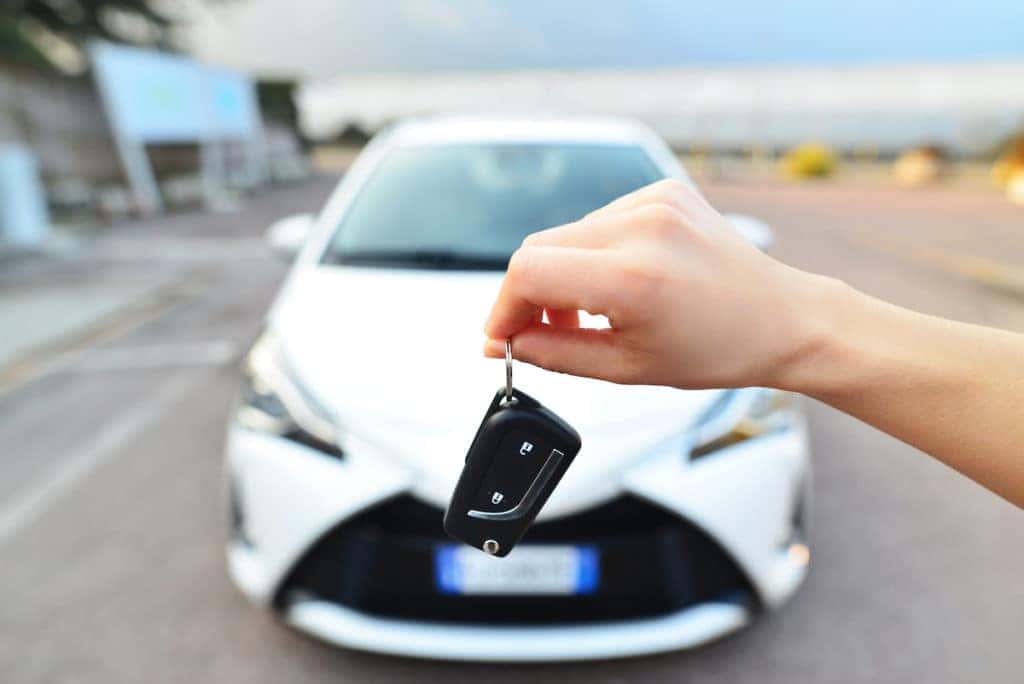
Credit: www.toyotaofnorthcharlotte.com
Trading in a Car with a Loan: Everything You Need to Know
If you completely own your vehicle, your trade-in offer can help even more than if there’s still a lien on the title. Many lenders require a down payment when financing a new car, and the trade-in value can offset this requirement. However, if you still owe money on your car, the process becomes more complex. It’s essential to carefully evaluate the trade-in value, the remaining loan balance, and the terms of the new financing to ensure a seamless transition.
Should You Trade In a Paid-Off Car?
Ultimately, the decision to trade in a paid-off car depends on your individual circumstances. If you are eyeing a new vehicle and the trade-in value of your current car can significantly offset the cost, it may be a favorable option. However, if your car still serves you well and you don’t have a pressing need for a new vehicle, holding onto the paid-off car and enjoying the absence of monthly payments can be financially advantageous.
Frequently Asked Questions
Is It Better To Trade In A Car That Is Paid Off?
It is generally better to trade in a car that is paid off when its book value exceeds its loan payoff amount. If your car is paid off or close to being paid off, you may benefit financially by selling the car and putting the funds into an interest-bearing savings account.
Trading in a paid-off car can also lower the cost of a new or used car from the same dealership. However, it may be difficult to trade in a car that is still being financed, as most dealers make money off financing car loans.
How Long Should You Keep A Car Before Trading It In?
It’s best to trade in your car after its book value exceeds its loan payoff amount.
What Credit Score Do I Need To Trade In My Car?
You generally don’t need a specific credit score to trade in your car. However, a higher credit score can help you secure better financing terms.
Does It Make Sense To Sell A Paid-off Car?
Selling a paid-off car can make sense if you want to free up funds and put them into an interest-bearing savings account. However, if you trade in your car, you can use the trade-in value to lower the cost of a new or used car from the same dealership.
Consider the financial benefits before making a decision.
Conclusion
Trading in a paid-off car can be a strategic move if timed and executed correctly. By leveraging the equity in your current vehicle, you can potentially reduce the financial burden of purchasing a new car. However, it’s essential to conduct thorough research, evaluate your financial standing, and consider the long-term implications before making a decision. Whether you choose to trade in your paid-off car or continue driving it, understanding the trade-in process and its impact on your overall financial well-being is crucial.


